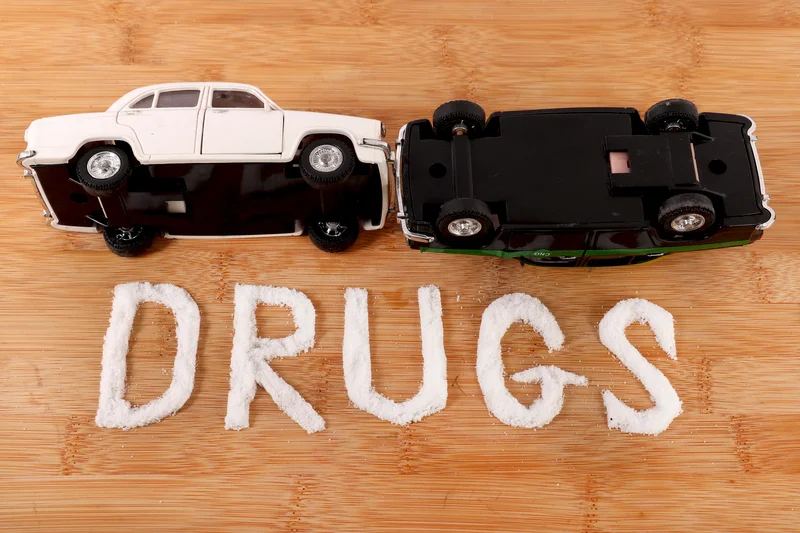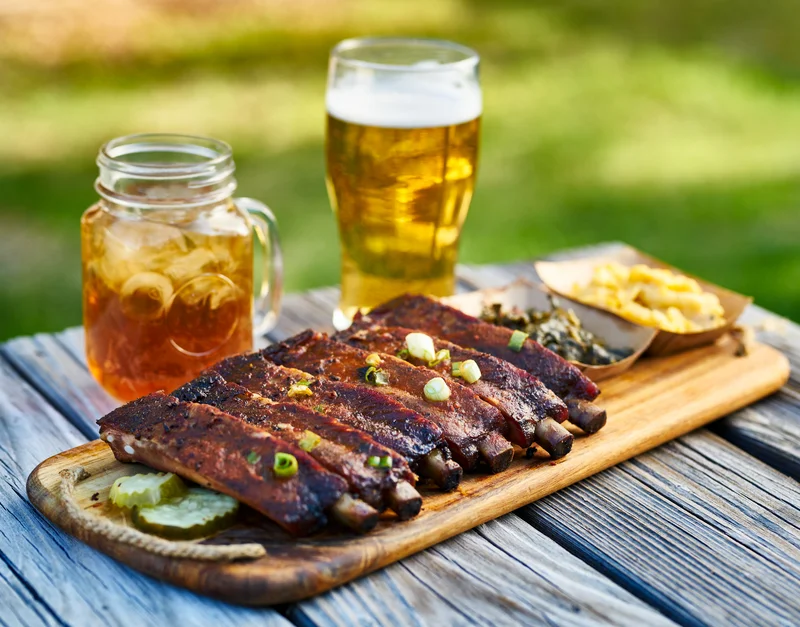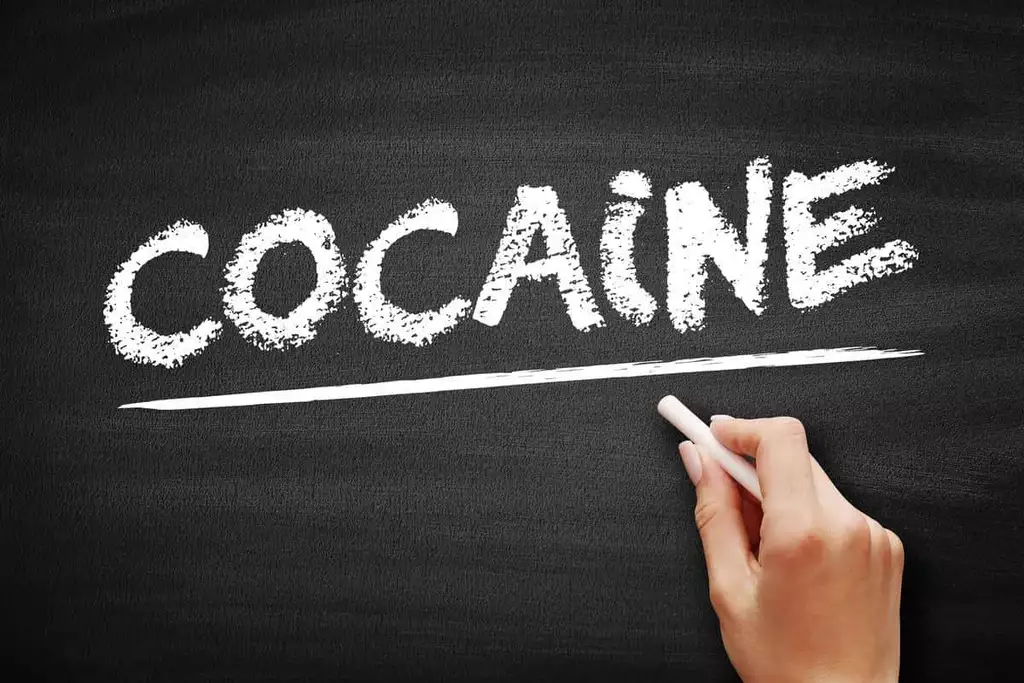
Some individuals may be allergic to specific grape varieties, while others may react to additives used during the winemaking process. why does wine make me sneeze If you consistently sneeze when drinking red wine, it might be helpful to consult with an allergist to identify any underlying sensitivities. Alcohol can worsen your difficulty breathing through your nose, so it’s important to be mindful of how much you consume. If drinking alcohol is unavoidable, try to limit your intake of low-alcohol beverages such as beer or wine. Red wine should be consumed in moderation – no more than one glass per day and avoid eating on an empty stomach.

How to treat a wine allergy
- Cross-reactivity refers to the reaction of your immune system due to a compound in the chocolate that has the same chemical properties as compared to tobacco, coffee, and ragweed.
- Consuming too much sulfite can lead to headaches and breathing difficulties.
- It is typically lighter and sweeter than red wine, but some may find that it can cause sneezing or other irritation.
- If you do choose to consume red wine, make sure to do so in moderation and avoid consuming too much.
- However, some people may have a sensitivity or allergy to sulfites, which can lead to nasal congestion, sneezing, or even respiratory issues.
If you experience any negative reactions after drinking beer, it is best to avoid it or choose a different type of beverage. While many people are able to metabolize the histamines found in beer, some are sensitive to it. In addition to histamine, beer also contains sulfites, which can irritate allergies for some people.

Alcohol Allergies Can Cause Sneezing, Flushing, Headache
Sneezing after drinking beer is an interesting phenomenon that has sparked a lot of debate. Some experts suggest that the reaction may be more related to the type of beer and its hops content than to the alcohol content. Drinking plenty of water, limiting and slowing down alcohol consumption, and eating before drinking can help to reduce the vasodilation effects of alcohol. Normally, the food that you consume, gets broken down into the substances which are absorbed by the body for nutrition and the rest gets excreted. Your symptoms can also be due to an interaction between beer or alcohol and any medication you’re taking.
Lifestyle Quizzes
It is important to note that not all allergic reactions to red wine are caused by histamine. White wine or rosé might be a better choice for you if you experience these symptoms overwhelmingly after drinking a heroin addiction glass of your favorite red. As a result, their bodies produce inactive ALDH enzymes that are unable to properly break down the alcohol into acetic vinegar. This incomplete processing of the alcohol can cause the body to react by producing symptoms that reflect an allergy to the alcohol. People with this gene deficiency suffer two-fold from allergic symptoms to alcohol.

Can Drinking Alcohol Cause A Stuffy Nose?
- In fact, a small 2014 study of Chinese people with a beer allergy found that sensitivity to sorghum or sorghum malt was the most common cause.
- This is usually a delayed reaction (hours or days) that may or may not involve the immune system.
- If you are sensitive to them and experience these symptoms after even a small glass of wine, stick to clear, high-quality spirits such as gin and vodka.
- In this article, we will delve into the reasons behind sneezing when drinking red wine, exploring factors such as histamines, sulfites, and allergies.
Gustatory rhinitis is a type of nonallergic rhinitis that’s caused by eating certain foods, usually spicy or hot ones. If you are someone who experiences red wine congestion, try switching to white wine or avoiding alcohol altogether. You can also try taking an over-the-counter antihistamine before drinking red wine. The most common symptom of an alcohol allergy is hives or welts on the skin.
- Symptoms may include hives, swelling, difficulty breathing, headaches, nausea and vomiting.
- In conclusion, the exact reasons behind why some people sneeze after drinking alcohol are not definitively known.
- Given that this is a classic allergic response, it likely won’t surprise you to hear that it might mean that your body doesn’t handle wine very well.
Although histamine intolerance will cause allergy-like symptoms, the adverse reaction isn’t an allergy. Histamine is the primary chemical produced during an allergic reaction in soft tissues, but it’s only the result of particular antibodies that develop during an allergy. Histamine intolerance isn’t an allergic reaction because your immune system is not involved in the symptoms that develop. During the first instance of a Red Wine Allergy, it is important to prevent a life-threatening condition known as anaphylaxis that can result in a medical emergency. In general, allergic reactions tend to affect an isolated body system, such as the skin, respiratory system, or gastrointestinal system.

Red wines, for example, tend to have higher levels of histamines than white wine or beer. If you find that drinking these beverages triggers an allergic reaction, then it’s important to limit your intake and switch to lower-histamine alternatives. Another helpful tip is to opt for histamine-low foods, such as fresh fruits and vegetables, or fermented products like yogurt or kefir. These foods can help your body break down the histamines more effectively, reducing the potential for an allergic reaction. Allergies to ingredients in beer, such as grains, preservatives, or histamines, can also trigger allergic reactions, including sneezing.


